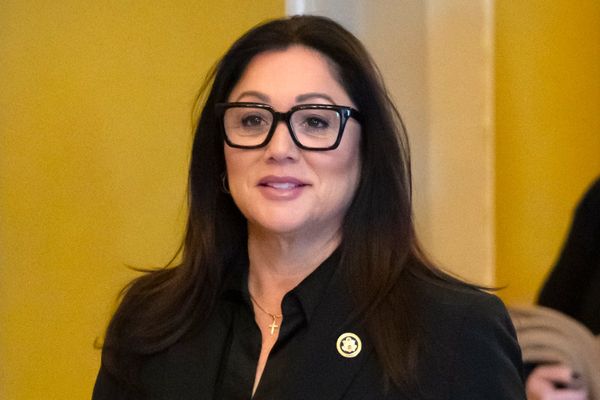
"I still feel responsibility," former Apple (NASDAQ:AAPL) design chief Jony Ive told the Financial Times in an interview earlier this month. OpenAI announced in May it would acquire his hardware startup for $6.4 billion to develop an AI device aimed at addressing the negative effects of smartphones.
The Apple legend added that "humanity deserves better," promising a gadget that counters screen addiction and anxiety while reviving Silicon Valley's original sense of mission.
OpenAI Bets On Hardware
OpenAI Chief Executive Officer Sam Altman announced on May 21 an all-stock deal to buy Ive's year-old startup io Products for about $6.5 billion, elevating the designer to group creative director.
Don't Miss:
- Invest early in CancerVax's breakthrough tech aiming to disrupt a $231B market. Back a bold new approach to cancer treatment with high-growth potential.
- Named a TIME Best Invention and Backed by 5,000+ Users, Kara's Air-to-Water Pod Cuts Plastic and Costs — And You Can Invest At Just $6.37/Share
The transaction would fold Ive's 15-person LoveFrom industrial-design team into OpenAI's San Francisco campus, where engineers plan to fuse large-language-model software with custom silicon for natural voice dialogue. However, the agreement may be in limbo.
A trademark lawsuit filed by a separate startup called iyO has prompted a federal judge to temporarily bar OpenAI from marketing the product under the "io" name. In response, OpenAI CEO Sam Altman posted screenshots of email exchanges with iyO founder Jason Rugolo, showing that Rugolo had first approached him about an acquisition. Altman declined, citing a competing product, and called the lawsuit "silly, disappointing and wrong."
A now-pulled 9-minute promotional video—removed after a trademark lawsuit—showed Altman calling their prototype "the coolest piece of technology the world will have ever seen.”
Trending: Maximize saving for your retirement and cut down on taxes: Schedule your free call with a financial advisor to start your financial journey – no cost, no obligation.
Prototype Leaves Screens Behind
TF International Securities analyst Ming-Chi Kuo expects the screen-free device to resemble a neck-worn iPod Shuffle with microphones and cameras that read a user's surroundings, according to her May X post. Altman also told employees the unit would be "unobtrusive" and "fully aware" of a user's surroundings, designed to sit on a desk or in a pocket and function without a traditional screen, according to The Wall Street Journal.
Mental Health Signals Urgency
"Many of us would say we have an uneasy relationship with technology at the moment… While some of the less positive consequences were unintentional, I still feel responsibility… The manifestation of that is a determination to try and be useful," Ive told the FT.
Public-health data amplify the stakes: 11% of U.S. children ages 3–17 have diagnosed anxiety, according to recent Centers for Disease Control and Prevention statistics. A survey released in April by the American Psychological Association found only 58.5% of teens say they routinely receive needed emotional support. A separate Pew Research Center report shows that 34% of teen girls feel social media makes them worse about their lives.
Philanthropist Laurene Powell Jobs echoed those concerns during the same FT interview, warning that technology's "dark uses" have sent youth mental-health trends "sideways."
See Also: GoSun's Breakthrough Rooftop EV Charger Already Has 2,000+ Units Reserved — Become an Investor in This $41.3M Clean Energy Brand Today
Funding And Release Window
OpenAI's war chest has swelled with ChatGPT demand. A spokesperson for OpenAI told CNBC that its annual recurring revenue recently climbed to $10 billion, up from approximately $5.5 billion in 2024. This month the Pentagon awarded the firm a $200 million contract to prototype AI tools.
Whether this $6.4 billion vision redefines the future or simply begins to mend it, one thing is clear: Ive is back—this time, to design technology with humanity at its heart.
Read Next: Are you rich? Here’s what Americans think you need to be considered wealthy.
Image: Shutterstock







